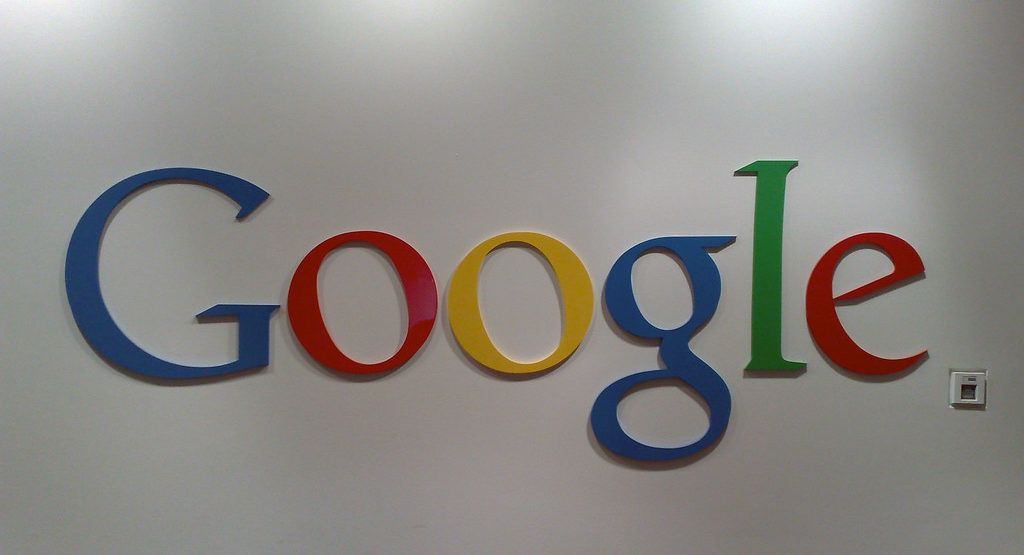Canberra, Australia —(Map)
Australia’s parliament is considering a bill that would force the search website Google to pay for showing links to Australian news websites. Google says if the bill isn’t changed, the search company will stop working in Australia.
Google Search
Every day, Google’s computer systems search the internet for new and recently changed web pages. Google uses the information it collects to give results when people search on its website. One way Google makes money is by showing ads on these search pages.
In Australia, like many places around the world, about 95% of the people use Google when they search. Because so many people turn to Google’s site first, before ever going to a news website, news is a big money-maker for the company.
😕
This image has not been loaded because of your cookie choices. To view the content, you can accept 'Non-necessary' cookies.
Australia’s parliament is considering a bill that would force the search website Google to pay for showing links to Australian news websites. Google says if the bill isn’t changed, the search company will stop working in Australia.
Australia’s news sites were upset that Google was making money for showing links to articles on their sites. In recent years, as large technology companies have gotten richer, many news sites have lost money.
Last year, Australia’s government suggested the new bill, which would force Google and other large companies* to pay for showing links to Australian news site articles.
😕
This image has not been loaded because of your cookie choices. To view the content, you can accept 'Non-necessary' cookies.
Australia’s news sites were upset that Google was making money for showing links to their articles. In recent years, as large technology companies have gotten richer, many news sites have lost money.
Many people were shocked at the idea. That’s because the internet is built on links. Since the internet began, links have always been free.
It’s against the law to use someone else’s articles or pictures without their permission. But it has always been legal for anyone, including big companies, to link to any other webpage on the internet, without paying anything.
Tim Berners-Lee is the man who developed the ideas that led to the internet. He says Australia’s bill ruins the free linking that is so important to the internet. He thinks the bill should be rewritten.
😕
This image has not been loaded because of your cookie choices. To view the content, you can accept 'Non-necessary' cookies.
Tim Berners-Lee, shown above in 2019, is the man who developed the ideas that led to the internet. He says Australia’s bill ruins the free linking that is so important to the internet. He thinks the bill should be rewritten.
Google agrees. The company says it wants to work out an agreement that’s more fair to Australian news sites, but that it can’t pay for links.
Google points out that it has about 450 agreements in different parts of the world where it pays for the right to show the results of its searches.
In one recent deal, Google agreed to pay French news sites. But in France, Google wasn’t just paying for linking to articles on news sites, but also for the right to print the first few sentences of the articles.

(Source: Niall Kennedy, via Flickr.com.)
Google says if the bill isn’t changed, it will have to stop showing search results in Australia. Australia’s government says Google is threatening it. Australian Prime Minister Scott Morrison said, “We don’t respond to threats.”
Many people worry that once some groups are forced to pay for links in one part of the world, other governments will create similar laws. They’re concerned that in the end, the internet will be less free, open, and useful for everyone.
There are other reasons Google doesn’t like the bill. One is that if Google can’t reach an agreement with Australian news sites, it could be forced to accept deals made by an outside group given the job of deciding what seems fair.
😕
This image has not been loaded because of your cookie choices. To view the content, you can accept 'Non-necessary' cookies.
Google says if the bill isn’t changed, it will have to stop showing search results in Australia. Australia’s government says Google is threatening it. Australian Prime Minister Scott Morrison (shown above in December) said, “We don’t respond to threats.”
Another complaint of Google’s is that the new law forces the company to give news sites information that Google considers secret, such as how it ranks search results and details about its users.
The struggle between Australia and Google comes at a time when many people believe that huge tech companies like Google, Facebook, and Twitter are too powerful. Lawmakers in many countries think stronger laws are needed to bring large tech companies under control.
* The social media website Facebook is also affected by the new Australian bill, and is also fighting against it. This article focuses on Google in order to help explain the ideas more clearly.
NOTE: The ads on NewsForKids.net are handled by Google.
😕
This map has not been loaded because of your cookie choices. To view the content, you can accept 'Non-necessary' cookies.
